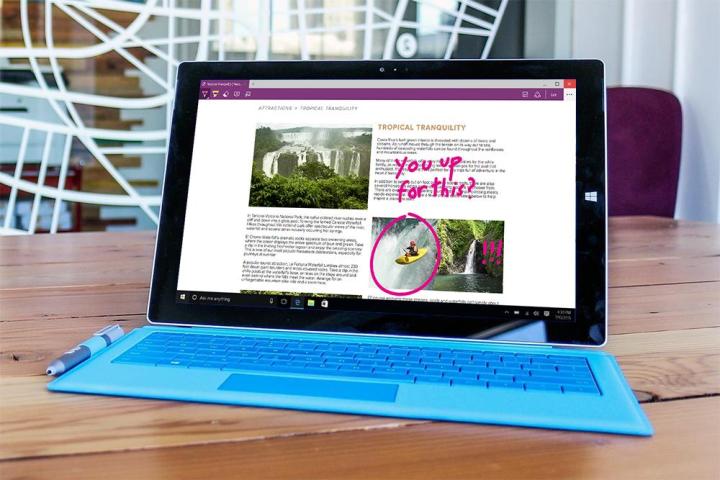
WebM uses HTML5 to deliver high-quality video quickly and efficiently. The open-source project has received support from Google, and has already been adopted in pockets across the Internet as a modern replacement for the GIF. Now, it looks set to move one step closer to mainstream usage.
From the earliest days of its development, it’s clear that Microsoft has wanted its Edge browser to be a thoroughly modern piece of software — if for no other reason than to distinguish it from Internet Explorer. As such, the company has announced that they are actively developing support for WebM in the browser.
Edge users have been calling for this addition for some time via Microsoft’s official feedback channels, according to a report from WinBeta. While the company hasn’t given any indication of what sort of timescale we’re looking at to see it implemented, there doesn’t seem to be much reason for the project to involve any great amount of time.
Despite showing some promise for the future, it’s clear that Edge is still a work in progress. Support for features like extensions and file formats like the WebM are par for the course with more established browsers, and the fact that Microsoft’s own offerings are so behind the curve only serves to illustrate just how vital a project Edge is for the company.
Right now, it’s difficult to imagine many users opting for Edge over Chrome or Firefox — but the development team is certainly making the right moves to ensure that this won’t be the case in the future. WebM will be an even bigger deal than it is now in a year or two, and Edge should be ready to cater to the needs of Internet users when it rolls out.
Editors' Recommendations
- 5 web browsers you should use instead of Google Chrome or Edge
- Microsoft Edge is slowly becoming the go-to browser for PC gamers
- Microsoft Edge opens AI-upscaled video to AMD graphics cards
- Microsoft is bringing ChatGPT to your browser, and you can test it out right now
- Is Microsoft’s new PC cleaner just an Edge ad in disguise?

